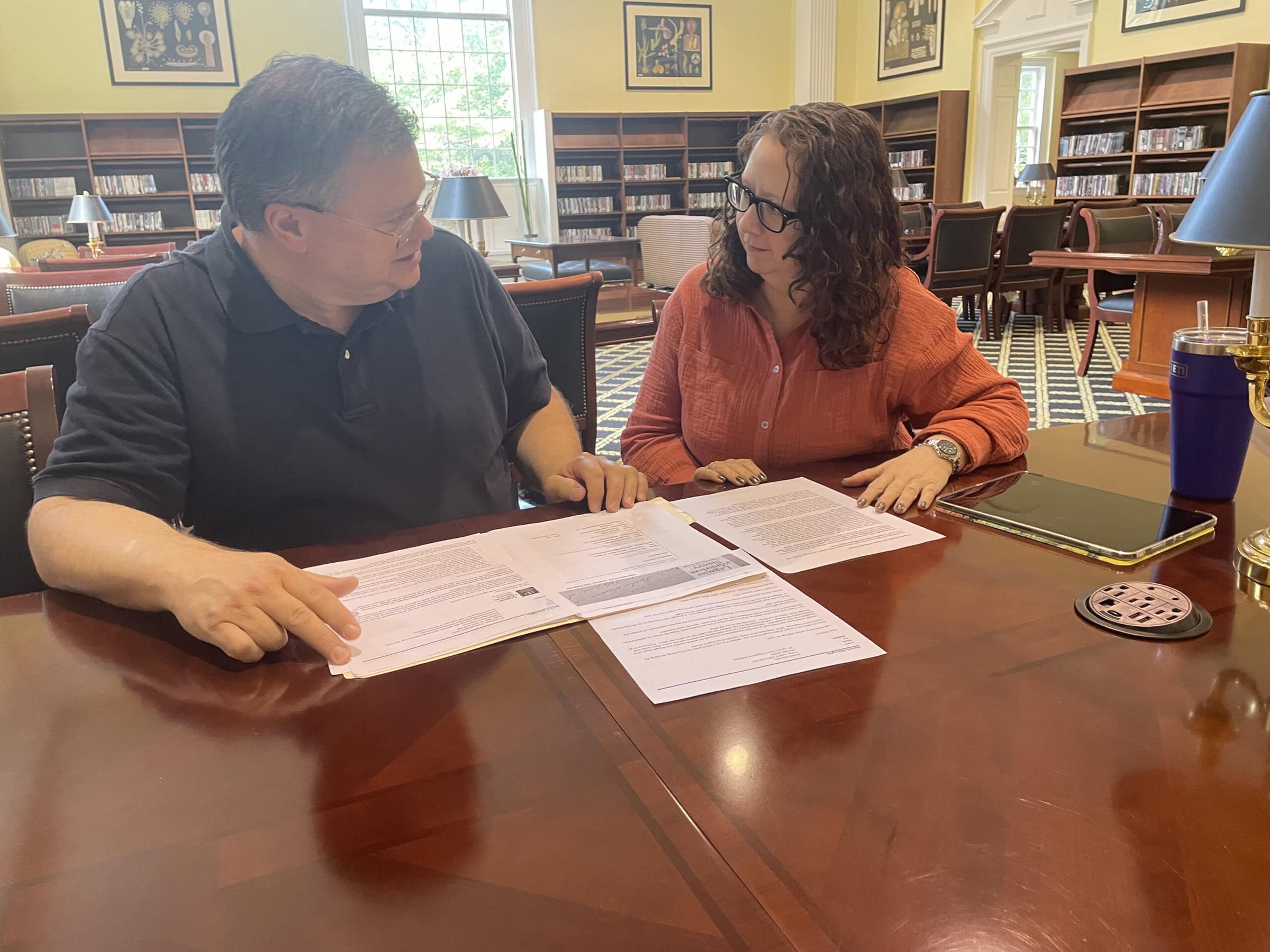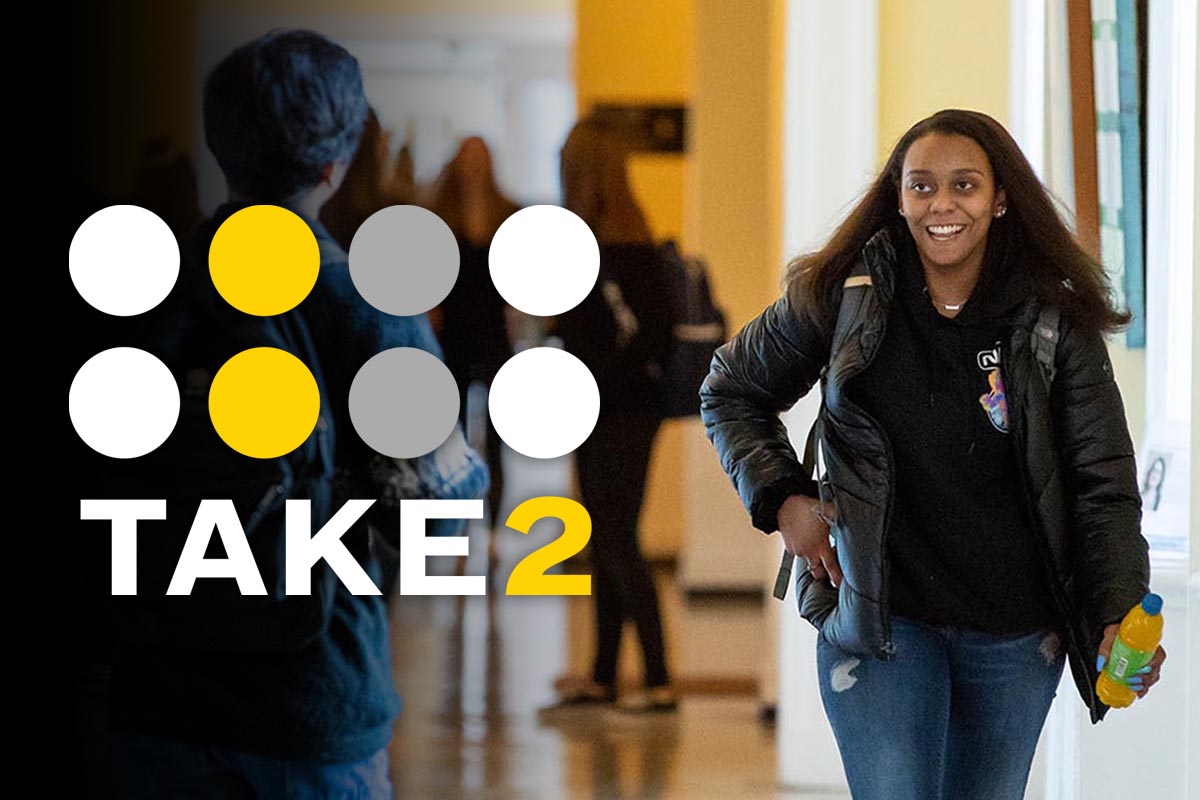Sherayko, Broughman selected to participate in Legacies of American Slavery Public History Institute

Gerry Sherayko and Lisa Broughman
Randolph history professor Gerry Sherayko and Lipscomb Library Director Lisa Broughman have been selected to participate in the Legacies of American Slavery Public History Institute at Yale University.
The institute, which will be held from July 30-Aug. 4, is part of The Council of Independent Colleges’ Legacies of American Slavery.
The multi-year project is a collaboration with the Gilder Lehrman Center for the Study of Slavery, Resistance, and Abolition at Yale University’s MacMillan Center. It provides opportunities for member institutions, their faculty members and students, and community partners to participate in research, teaching and learning, and public discussions about the legacies of American slavery.
Sherayko, Broughman, and Deborah Smith, executive director of the Jones Memorial Library, form one of seven teams chosen to attend the institute, which will include seminars, site visits, and workshops focusing on public memory and interpretation of slavery.
“This ties into a lot of other work that’s happening in town right now,” Sherayko said, singling out a collaboration between the Lynchburg Museum and the Legacy Museum of African American History to put up signage about the history of slavery in the area.
“Issues of slavery and the enslaved haven’t really been dealt with in Lynchburg,” he said. “This was much more of a slave trading city than has been acknowledged. We are not an exception. We are part of it, and our story needs to be told.”
In their application to attend the institute, Sherayko, Broughman, and Smith proposed a project that would bring the College and the library together to explore the region’s legacy of slavery and fill in information gaps related to African Americans in Lynchburg.
The project, called “Lynchburg: Named,” would first focus on transcribing and digitizing the contents of a ledger book kept by Seth Woodruff, a known slave trader in Lynchburg in the 1830s.
“It detailed the information of the enslaved peoples that he sold,” Broughman said. “It’s unique because it consistently includes first and last names and who he sold the slaves to. Many of them were from the Mississippi region, so it helps to track the movement of enslaved persons from the East Coast down into the deeper south. It’s also something, when digitized, that can be shared on websites that help Black Americans trace their genealogy.”
They hope the project will be a starting point for developing research projects that address the city’s antebellum history and, eventually, coverage of Black lived experiences during the Jim Crow era and the Civil Rights movement.
Sherayko and Broughman also expect the experience at the institute to be invaluable to their work with the College’s museum and heritage studies major.
“This is important work that contributes to the community of Lynchburg,” Sherayko said, “but also feeds into the kind of work we want to do to attract students to that major.”
Tags: African American history, history, Lipscomb Library, museum and heritage studies, public history
